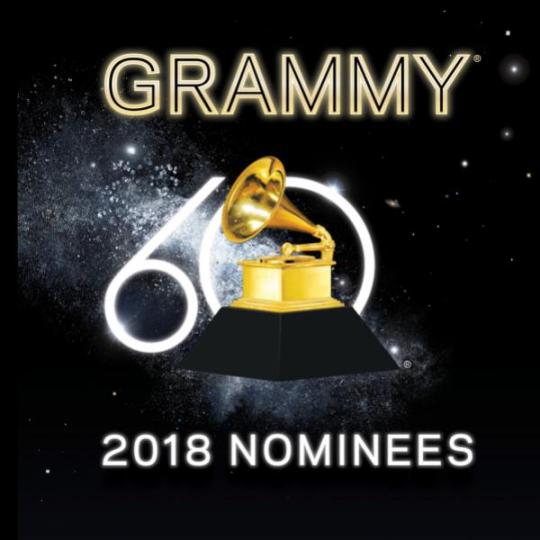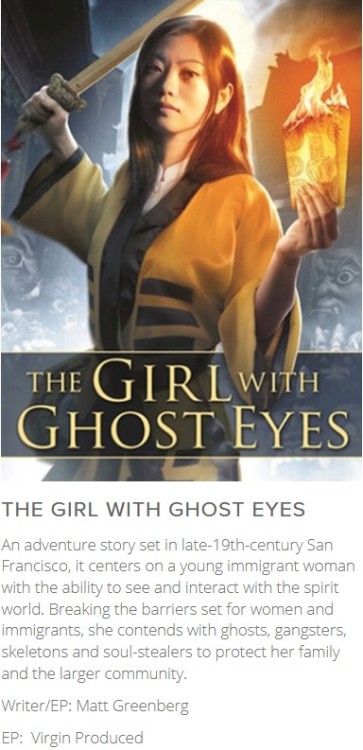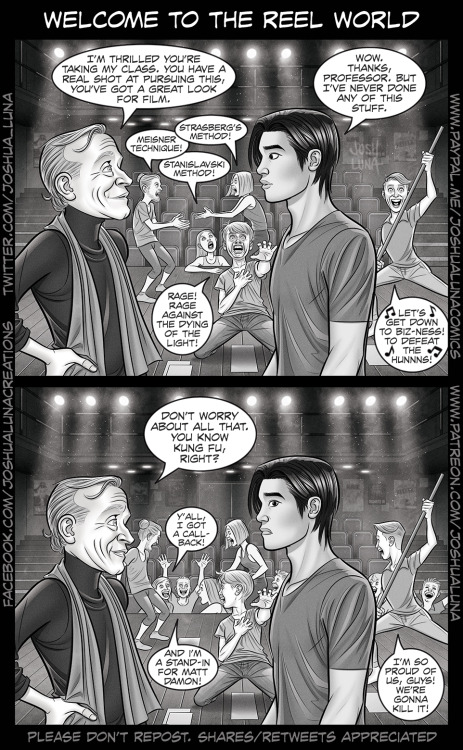#asian american representation

So, the 60th Annual Grammy Nominations were announced yesterday morning, and somehow it left me with more mixed emotions than I’ve felt in a long time. On the one hand, we have many reasons to celebrate this year–the 2018 list of nominees is the most diverse group in all of Grammy history, especially when it comes to Black and LGBTQIA inclusion. Jay-Z, Childish Gambino, Kendrick Lamar, and more were all (deservedly) nominated for record of the year. Kesha and Lady Gaga were both nominated for two Grammys each, and out songwriter Justin Tranter was nominated for his first award as well.
When it comes to inclusion in the entertainment industry, we’ve come a long way, and these nominees are just one example of that. Unfortunately, this progress has not been reflected within the Asian American community, as you can clearly see by the lack of Asian nominees for the 2018 Grammys. I can’t say I’m surprised, considering there aren’t really any huge Asian American names in the music industry. But it’s not because we’re not trying–it’s because those who run the system aren’t listening.This year I got the chance to discover Alice Gao,Niki Zefanya,Yaeji, and several other incredible Asian artists whose music deserves recognition–but none of them are getting the attention they deserve.
While Grammy nomination entries can by submitted by any artists/record companies with commercially released music, all submissions are reviewed by a group of over 350 experts in the fields of jazz, R&B, rock, classical, new age, and more. These experts within the Academy go through several rounds of screening, being advised to vote in up to 15 categories in their areas of expertise as well as the 4 general categories (Record of The Year, Album of the Year, Song of The Year, and Best New Artist). Unfortunately, if you are a lesser known artist in the US (aka most Asian American artists) signed to a label with more well known artists, your label will most likely submit their song/album to be considered for Grammy nomination over yours. At the end of the day, it’s pretty much a self fulfilling prophesy. Since Asian American artists are almost never well known enough to qualify for the final rounds of nomination, their work is not often submitted. As a result, Asian Americans are continuously left out of the mainstream. The whole thing is a cycle that seems to have no end.
Don’t get me wrong, I believe we should celebrate the victories we achieve, but I’m honestly so tired of writing and complaining about Asian American representation. You guys have heard it all before and I’m not here to preach the same message all over again, but my soul is tired y’all. While we should celebrate and cheer on our fellow POC, let’s remember that the entertainment industry is still far, far, from being the all inclusive community that we so desperately need.
Image via grammys.com
It’s on IM Global TV’s website, so I guess I can talk about it now?
An adventure story set in late-19th-century San Francisco, [The Girl with Ghost Eyes] centers on a young immigrant woman with the ability to see and interact with the spirit world. Breaking the barriers set for women and immigrants, she contends with ghosts, gangsters, skeletons, and soul-stealers to protect her family and the larger community.
Writer/EP:Matt Greenberg
EP: Virgin Produced
IM Global Television is owned by Tang Media Partners. “Based in Los Angeles and Shanghai, [Tang Media Partners] is active in the development, financing, production and distribution of entertainment content focused on the intersection between China and Hollywood.” TMP has given IM Global Television a $100,000,000 budget to develop new television shows.
The person running IM Global Television is Mark Stern, who used to be the president of Syfy. Stern shepherded the development of Battlestar GalacticaandWarehouse 13, among many others. IM Global TV has a number of series under way, including an adaptation of Kurt Vonnegut’s Cat’s Cradle for FX.
To adapt The Girl with Ghost Eyes as a tv pilot, IM Global has hired Matt Greenberg, known for his adaptation of Stephen King’s 1408. The Girl with Ghost Eyes features primarily Chinese American characters.
http://www.imglobaltv.com/scripted-slate/
Post link
Although I majored in Sequential Art (comics) in college, I also took acting classes as electives because—like many—it was a childhood dream. But what a professor said to me was a wake-up call.
Obviously, it wasn’t just one moment or individual that deterred me from pursuing acting. It ultimately wasn’t my calling—comics were. But I highlight this moment because it’s a symptom of how Asians are viewed and portrayed on a larger societal and institutional level.
SCAD was majority-white, so there were few Asians and other POC on campus. I remember being shocked seeing a Filipino guy perform in the play HAIR, and at the time, a lot of Hollywood productions were being filmed in Savannah. So this environment inspired me to try out acting.
For the most part, I realized breaking in required two things: knowing martial arts, and serving up Asianness for laughs. This isn’t to knock martial arts because it’s part of our culture and we should be proud of it. The problem is Asians are rarely depicted as full human beings.
In every kind of media, Asians have been and continue to be used as props for a non-Asian gaze, restricted from the full spectrum of the human experience. For Asian men, this means kung fu masters, nameless goons, or Ken Jeong-types whose sole purpose is to self-denigrate.
It says a lot that to this day, 42% of Americans can’t name a single famous Asian American. When asked to name one, the top response was “don’t know,” followed by actor Jackie Chan in 2nd—who is not a U.S. citizen—and deceased actor Bruce Lee in 3rd.
The worst part is Asians are blamed for our own oppression. We’re fed myths about how we lack personalities, marketability, good looks, etc. Usually, Asians are perceived as likeable only if there’s white heritage—which is why half-white Asians tend to get more opportunities.
Although I entered the comic book industry as a writer and artist, I ended up in Hollywood spaces anyway via the TV/film adaptation process. From there I learned it doesn’t matter if Asians are in front of or behind the camera—the stereotypes hold us back no matter where we are.
This is why Asians need to be in control of our own stories, and we need Asian creators who don’t cater to a non-Asian gaze. For more of my thoughts on this subject: https://twitter.com/Joshua_Luna/status/1305941251393544193
(Please don’t repost or edit my art. Reblogs are always appreciated.)If you enjoy my comics, please pledge to my Patreon or donate to my Paypal. I lost my publisher for trying to publish these strips, so your support keeps me going until I can find a new publisher/lit agenthttps://twitter.com/Joshua_Luna/status/1134522555744866304
https://patreon.com/joshualuna
https://www.paypal.com/paypalme2/JoshuaLunaComics
Post link


